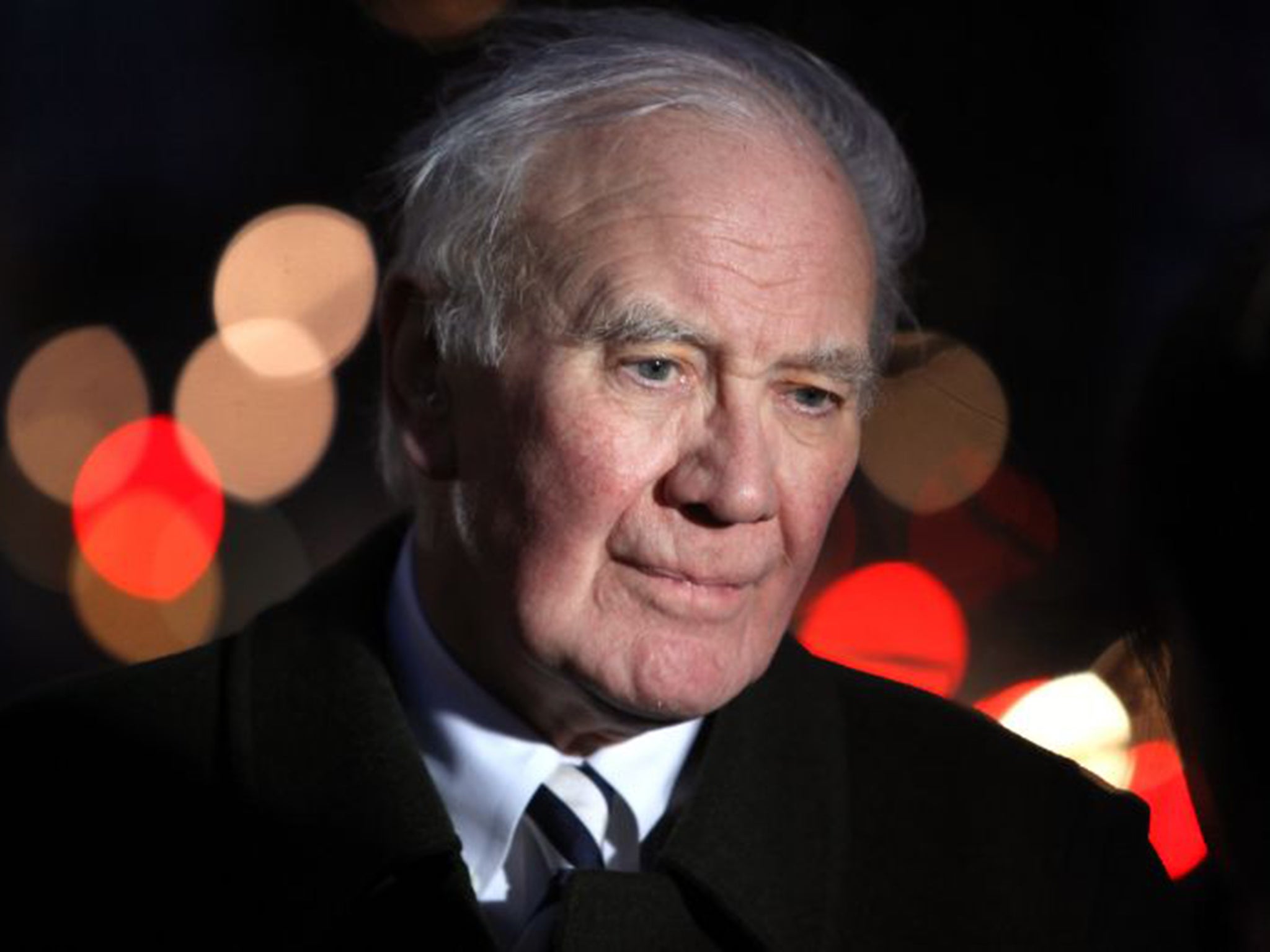Norman Lamb wins support of Menzies Campbell to become next Lib Dem leader
Mr Lamb has garnered a wide range of backers, from the political to the populist

Norman Lamb, the former Health minister, has won the support of Liberal Democrat grandee Sir Menzies Campbell in his effort to succeed Nick Clegg as party leader.
Sir Menzies, who led the party in 2006-07 and stood down as an MP at the general election, is one of the Lib Dems’ best-known figures, and is likely to accept a peerage later this year.
It is understood that Sir Menzies encouraged Mr Lamb to start thinking about a leadership tilt when the polls looked bad for the Lib Dems during the coalition years, but it was also thought unlikely that he would publicly declare his support.
Former leaders often keep their own counsel on backing potential successors, but another, Lord Steel, has endorsed the other MP in the race, Tim Farron. Mr Lamb, who was chief of staff to Sir Menzies in 2006, said he was “thrilled” that Sir Menzies had backed him, in what will be seen as a significant boost to his campaign.
Mr Farron, who was the Lib Dems foreign affairs spokesman during the election, is widely considered to be the favourite for the top job and was well ahead in a recent poll conducted by Liberal Democrat Voice.
But Mr Lamb has garnered a wide range of backers, from the political – such as the former cabinet minister Baroness Williams and Carshalton and Wallington MP Tom Brake – to the populist, including former world heavyweight boxing champion Frank Bruno and N-Dubz rapper Dappy. Mr Farron’s supporters include MPs Greg Mulholland, John Pugh, and Mark Williams.
Mr Farron is unscarred by coalition, as he served as party president rather than a minister, and impressed activists with an emotional House of Commons speech in tribute to Charles Kennedy, who died last week. This gave him flexibility to speak out against compromises the Lib Dems were forced to make for a share of power and also meant he picked up a significant following within the party.
He wants to repeal sections of the coalition’s Justice and Security Act that expanded closed material procedures – secret courts – into the civil courts of England and Wales. Mr Farron said this weekend: “We must regain our position as the party that stands up for justice and fairness. Access to justice must be for all and that justice happens best when it is free and in the open.”
Charles Kennedy - his political career in pictures
Show all 18The Lib Dems were devastated in the election, winning only eight seats – down 49 on the party’s 2010 haul – prompting Mr Clegg’s resignation.
In an article for the Inside Politics website, Ryan Coetzee, the party’s chief election strategist, said the Lib Dems were damaged by its “moment in the rose garden”. This refers to the stage-managed press conference in No 10’s back garden, in which Mr Clegg and David Cameron announced the formation of the coalition. Many left-leaning voters were unhappy that they had backed the Lib Dems, only to see them support the Conservatives.
Mr Coetzee, whom Mr Clegg hired in 2012, also lamented the Lib Dems’ failure to oppose secret courts and cuts to the legal aid and prison budgets. He added that the party should have “fought harder to stop [then Lord Chancellor] Chris Grayling’s destructive tenure at the Ministry of Justice”.
The new leader will be elected next month.
Subscribe to Independent Premium to bookmark this article
Want to bookmark your favourite articles and stories to read or reference later? Start your Independent Premium subscription today.

Join our commenting forum
Join thought-provoking conversations, follow other Independent readers and see their replies